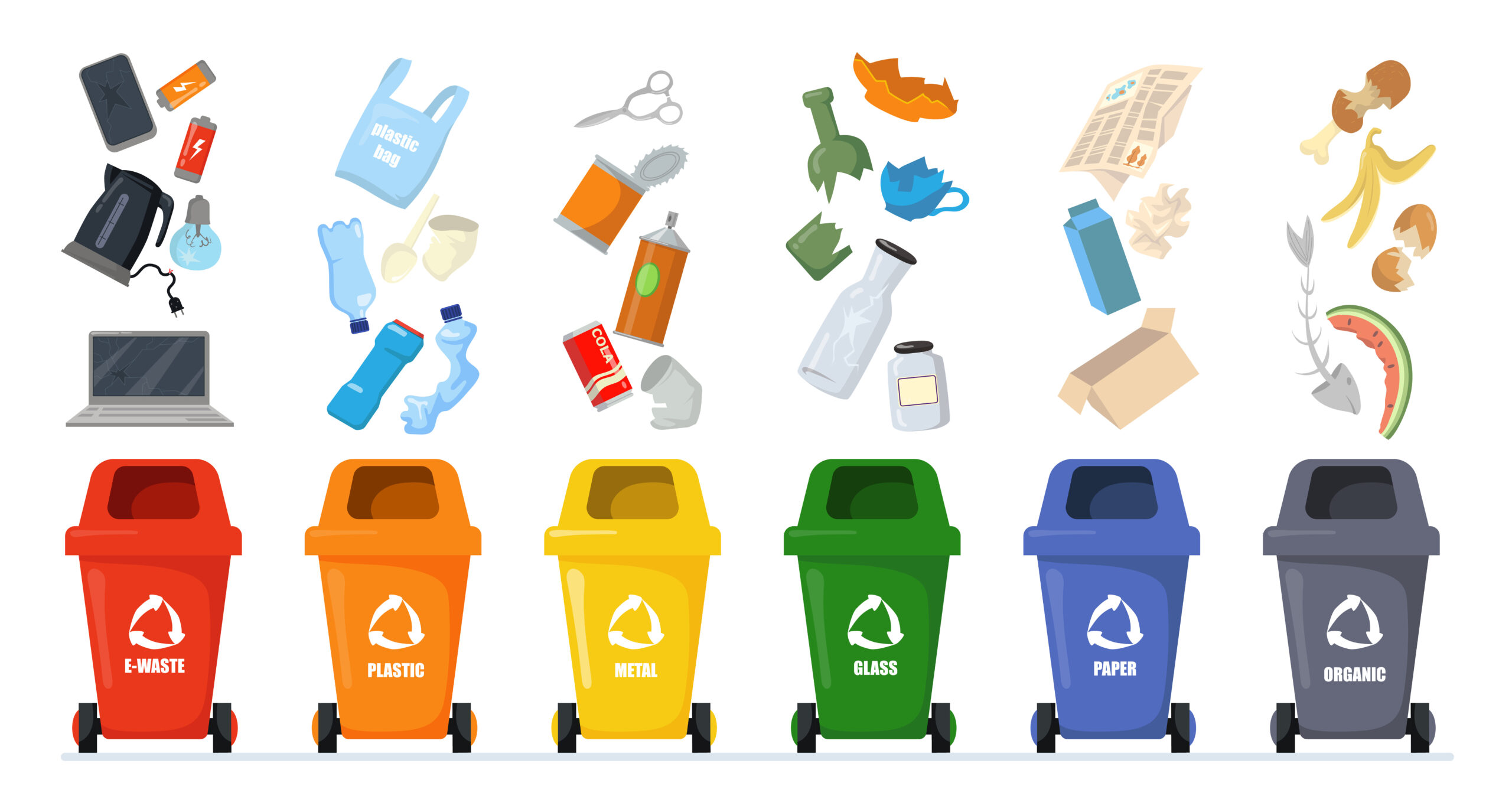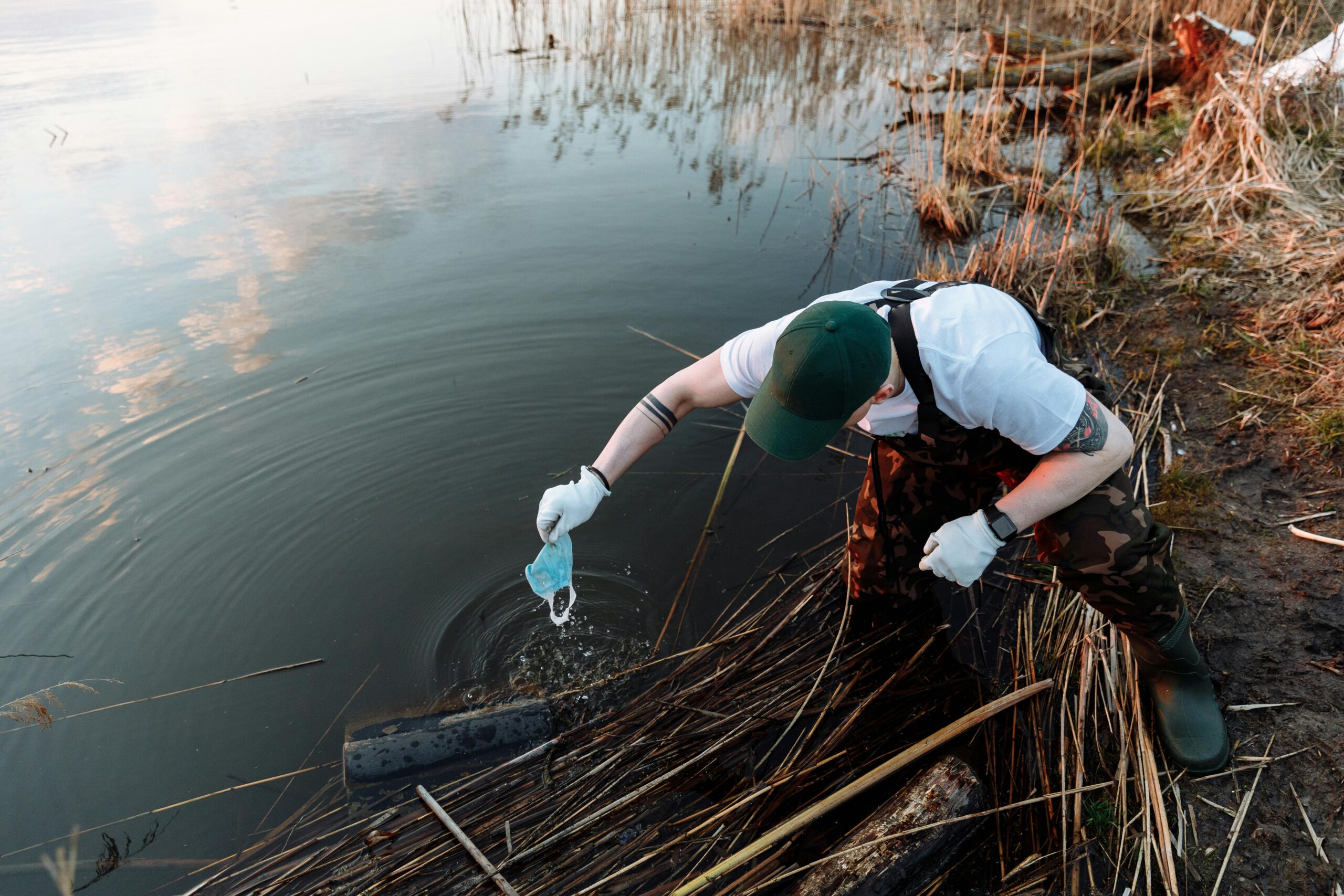The waste management industry is facing significant challenges as environmental concerns take priority. The demand for sustainable, effective solutions is growing, driving efforts to improve recycling, reduce landfill waste, and rethink how waste is created and handled. The goal goes beyond simple management—it’s about smarter resource use and minimizing environmental harm.
Innovative change is within reach through new technologies, supportive policies, and partnerships between communities and businesses. Those committed to protecting the planet are finding hope in emerging practices that show real potential for progress.
Circular Economy: Turning Waste into Resources

The circular economy reimagines waste by moving away from the “take, make, dispose” system. Instead, it focuses on reusing items like packaging or scrap materials through continuous recycling. For example, companies in the electronics sector can recover metals from old devices, turning waste into new products.
This approach reduces landfill waste and helps businesses cut costs while conserving valuable materials. Partnerships between corporations and commercial recycling services can create sustainable loops where waste becomes a resource. This not only benefits the environment but also leads to cost savings. Businesses should look into nearby recycling initiatives to see how they can reclaim materials and reduce waste.
Tech Innovations Revolutionizing Waste Management
Technology is making waste management smarter and more efficient. AI-powered sorting machines can quickly identify and separate materials for recycling, improving speed and accuracy. Smart bins equipped with sensors track waste levels and signal when it’s time for pickup, cutting down on unnecessary trips.
Automated waste processing plants can handle larger amounts of waste with fewer workers and less environmental disruption. Blockchain technology is also gaining traction, offering transparent tracking of waste from collection to disposal. This builds trust and highlights areas that need improvement. New compactors and balers help businesses save space and lower transportation costs, making recycling more affordable.

Tailoring Waste Solutions to Different Industries
Each industry produces unique types of waste, so their waste management solutions need to be customized. For example, the food industry can benefit from composting organic waste, turning it into nutrient-rich material for farming and gardening. Large companies with fluctuating production levels need flexible systems that can scale up or down as needed.
Waste audits identify problem areas like excess packaging or wasted materials and reveal opportunities for improvement. For instance, a manufacturing plant might discover high scrap rates in production and implement material recovery processes. By examining waste composition, businesses can adjust strategies, introduce better sorting methods, and reduce overall waste.
Government Policies Driving Corporate Responsibility

Government regulations play a big role in shaping how businesses manage waste. Laws like extended producer responsibility (EPR) require manufacturers to take responsibility for their products’ entire lifecycle, from production to disposal. This pushes companies to design products that are easier to recycle and generate less waste.
Governments also offer incentives like carbon credits and grants to encourage innovation in waste reduction. Staying informed about local regulations can help businesses find ways to stay compliant while improving sustainability.
Community and Business Collaboration
Waste reduction works best when businesses and communities team up. Community recycling hubs bring people and companies together to share resources, knowledge, and goals. These hubs make it easier for residents and businesses to participate in recycling programs.
Public-private partnerships combine expertise and funding to create better recycling systems. When communities are involved, feedback can lead to improved solutions that address local needs. Businesses can also host workshops to educate the community on proper recycling techniques and the environmental benefits of waste reduction.
Moving Toward a Greener Future
Better waste management can create a cleaner, more sustainable future. Circular economy practices, technological advances, and tailored solutions for different industries are making it possible to reduce waste and reclaim resources. Government support and community involvement amplify these efforts, making them more effective.
Reducing waste and taking shared responsibility allow businesses to implement recycling programs suited to their needs, while communities establish collection centers for items like old electronics. Patagonia’s repair and reuse programs extend product lifespan, reducing waste. Initiatives such as composting food waste in restaurants and organizing neighborhood cleanups demonstrate how small, consistent actions can drive meaningful environmental progress.
A cleaner future starts with practical, shared efforts. Businesses can reduce landfill waste by reusing materials through circular economy practices, like repurposing electronics or packaging. New technologies—AI sorting, smart bins, and blockchain tracking—make recycling faster and more reliable. Tailored strategies for industries, such as composting for food businesses or waste audits for manufacturers, help tackle problem areas. Government policies and community programs add support by offering incentives and making recycling more accessible. Simple actions, like repair programs and local cleanups, show that when companies and communities work together, even small changes can have a big environmental impact.




